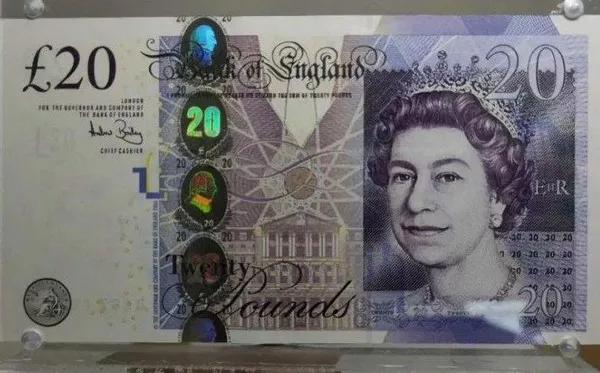In recent times, the British Pound (GBP) has experienced a significant depreciation against major currencies like the US Dollar (USD) and the Euro (EUR). This trend has prompted economists, policymakers, and investors alike to scrutinize the underlying reasons behind the pound’s decline. While currency fluctuations are multifaceted and influenced by a myriad of factors, several key determinants have been identified as crucial contributors to the current depreciation of the pound.
Economic Uncertainty:
One of the primary drivers behind the depreciation of the pound is economic uncertainty. Uncertainty surrounding Brexit, the United Kingdom’s departure from the European Union, has cast a shadow over the UK economy since the referendum in 2016. The prolonged negotiations, coupled with the lack of clarity regarding the future relationship between the UK and the EU, have created an environment of uncertainty for businesses and investors. This uncertainty has led to a decrease in investment and consumer spending, dampening economic growth prospects and weighing on the value of the pound.
Trade Imbalances:
Another factor exacerbating the depreciation of the pound is the persistent trade imbalances faced by the UK. The UK has consistently run a trade deficit, meaning that it imports more goods and services than it exports. This imbalance puts downward pressure on the pound as it increases the demand for foreign currencies to pay for imports. Furthermore, uncertainties surrounding future trade agreements, particularly with the EU, have heightened concerns about the UK’s ability to maintain access to its largest trading partner. Such concerns have further contributed to the pound’s depreciation as investors factor in the potential negative impact on trade flows and economic growth.
Monetary Policy Divergence:
Divergence in monetary policy between the Bank of England (BoE) and other major central banks, such as the Federal Reserve (Fed) and the European Central Bank (ECB), has also played a role in the pound’s depreciation. While the Fed and the ECB have adopted accommodative monetary policies, including low interest rates and quantitative easing, to support their economies amidst the COVID-19 pandemic, the BoE has been more cautious in its approach. The BoE has signaled its intent to gradually normalize monetary policy in response to inflationary pressures, thereby diverging from the accommodative stance of other central banks. This policy divergence has made the pound less attractive to investors seeking higher yields, leading to capital outflows and contributing to its depreciation.
Inflationary Pressures:
Inflationary pressures have also weighed on the value of the pound. The UK has experienced elevated inflation levels in recent months, driven by various factors including supply chain disruptions, rising energy prices, and wage pressures. High inflation erodes the purchasing power of the currency, making it less attractive to investors. Moreover, concerns about the BoE’s ability to effectively manage inflation and maintain price stability have added to the downward pressure on the pound. Investors may view higher inflation as a sign of economic instability, leading them to sell off the currency in favor of safer assets, further contributing to its depreciation.
Political Uncertainty:
Political uncertainty, both domestically and globally, has added another layer of pressure on the pound. Domestically, political instability, including leadership changes and partisan gridlock, has raised concerns about the UK’s ability to effectively navigate its economic challenges. Globally, geopolitical tensions and events such as trade disputes and conflicts can impact investor sentiment and contribute to currency volatility. The uncertain geopolitical landscape has led investors to seek safer assets, such as the US Dollar and the Swiss Franc, at the expense of riskier currencies like the pound.
Market Sentiment and Speculation:
Market sentiment and speculative trading also play a significant role in currency fluctuations, including the depreciation of the pound. Investor sentiment can be influenced by a wide range of factors, including economic data releases, geopolitical developments, and central bank communications. Speculative trading, driven by expectations of future currency movements, can exacerbate volatility in the foreign exchange market and amplify the depreciation of the pound. Traders may take short positions on the pound based on their outlook for the UK economy or global events, further weakening the currency.
Conclusion:
The depreciation of the British Pound against major currencies is a complex phenomenon influenced by a combination of economic, monetary, political, and market factors. Economic uncertainty stemming from Brexit, persistent trade imbalances, monetary policy divergence, inflationary pressures, political uncertainty, and market sentiment and speculation have all contributed to the pound’s decline. Addressing these underlying issues will be crucial for restoring confidence in the UK economy and stabilizing the value of the pound in the long term. However, in the short term, the pound is likely to remain vulnerable to fluctuations as investors continue to assess evolving economic and geopolitical developments.


